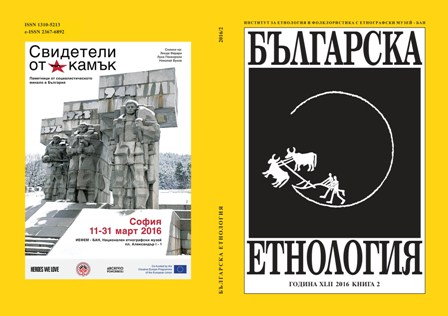
We kindly inform you that, as long as the subject affiliation of our 300.000+ articles is in progress, you might get unsufficient or no results on your third level or second level search. In this case, please broaden your search criteria.

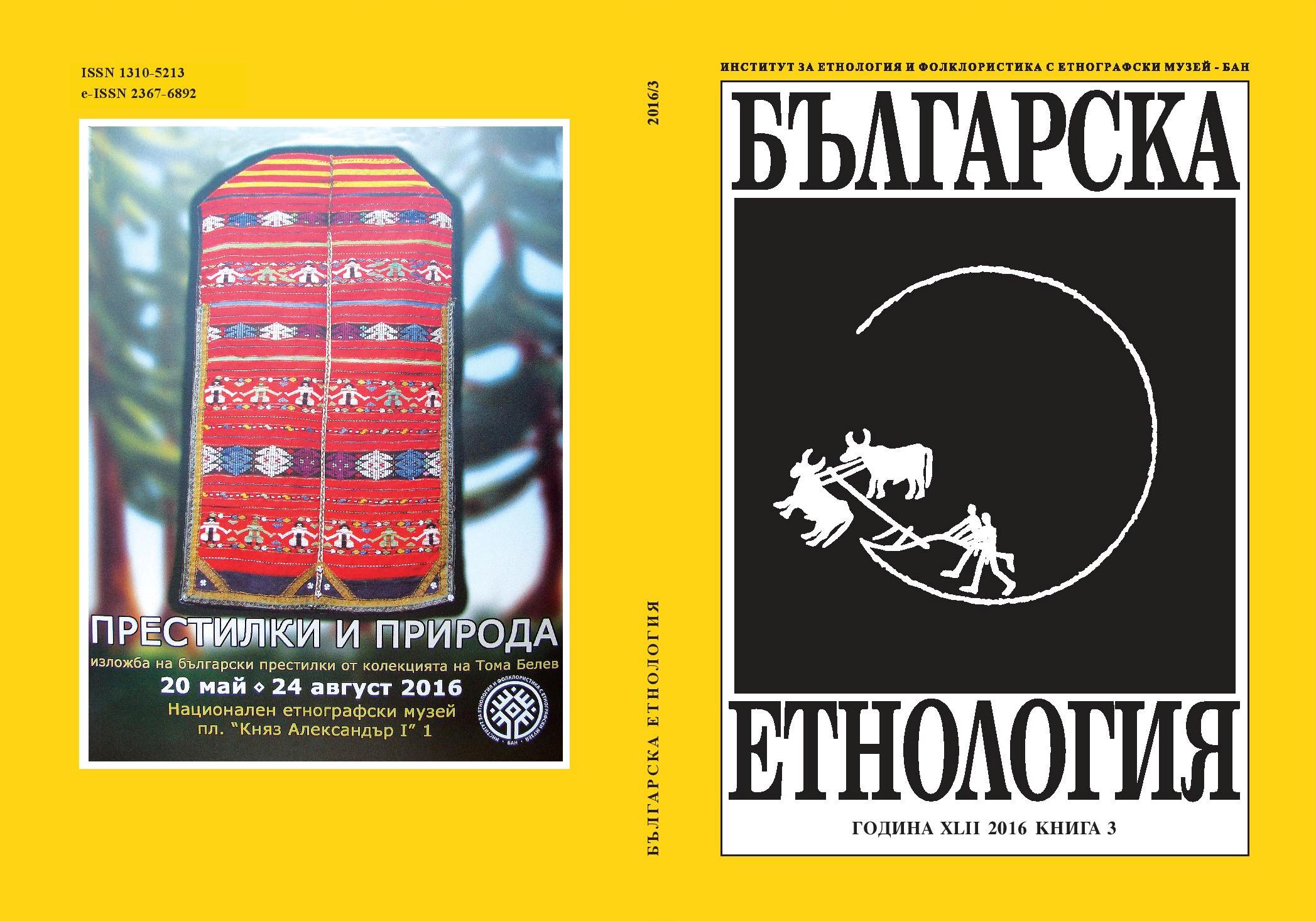

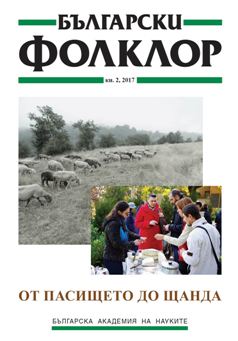
The aim of the article is to show how and to what extent global ideas for sustainable development and use of natural resources are understood and implemented in Bulgaria by revealing and analyzing some of the specifics of two parallel and interconnected trends aimed at achieving sustainable agriculture. These are organic farming and relocalization of food through the implementation of the concept of food sovereignty represented on the local level by Hrancoop movement. The views of the bio-farmers and their connectedness to the concepts of alternative agriculture are also presented, as well as the policies, regulations and subsidies in the agricultural sector and the protection of the environmental. Crucial for the producers are personal motives, interest and experience rather than particular global ideas.
More...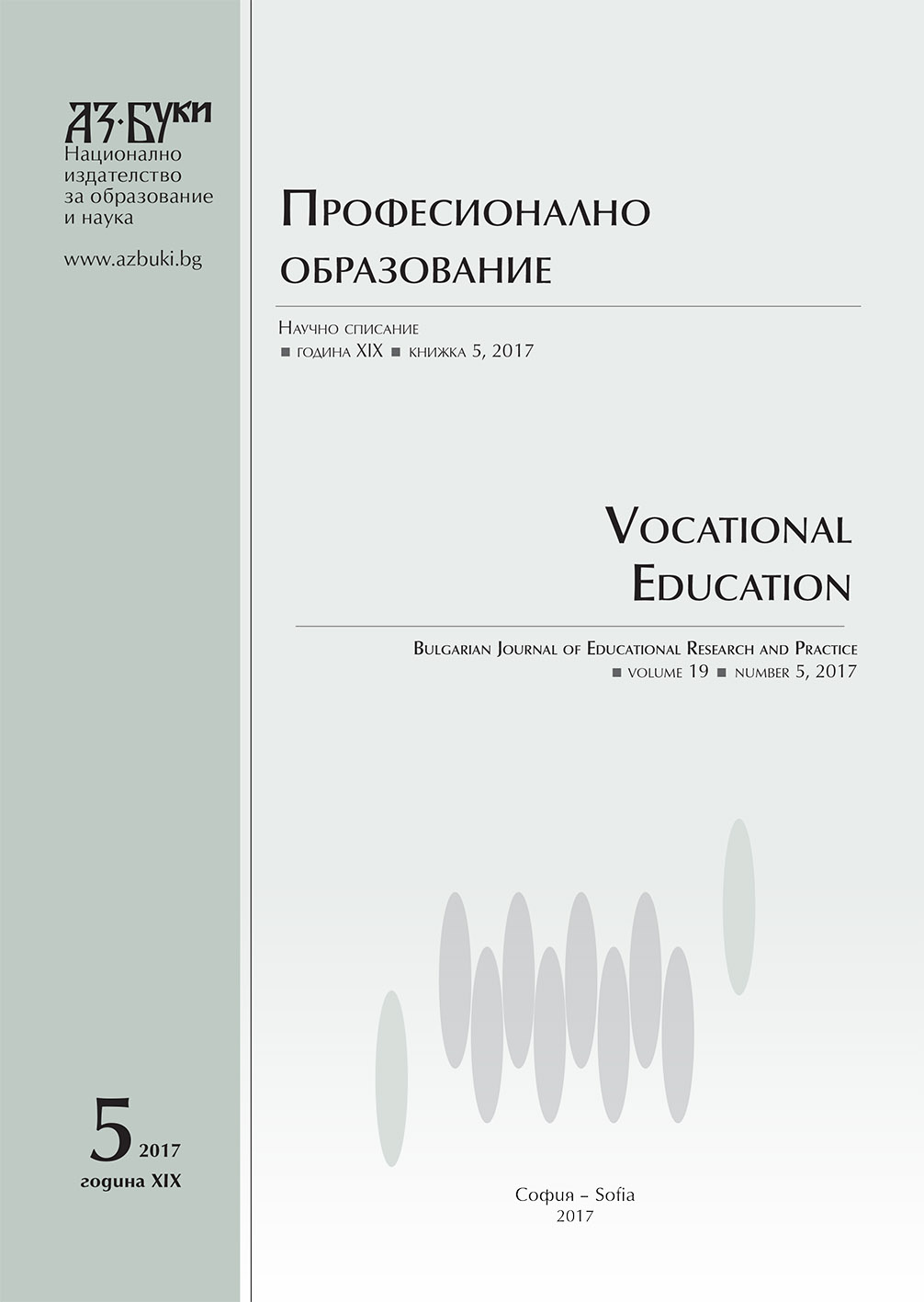
This paper presents a service that is implemented in Cyprus. It consists of three programs and aims at the successful job realization of young people with disabilities. Some of the most important skills and competencies that are provided by the service are described within the text as well as the opportunity the students to have their training period in real working conditions due to the Transition Employment Network that functions as partners of the service activities.
More...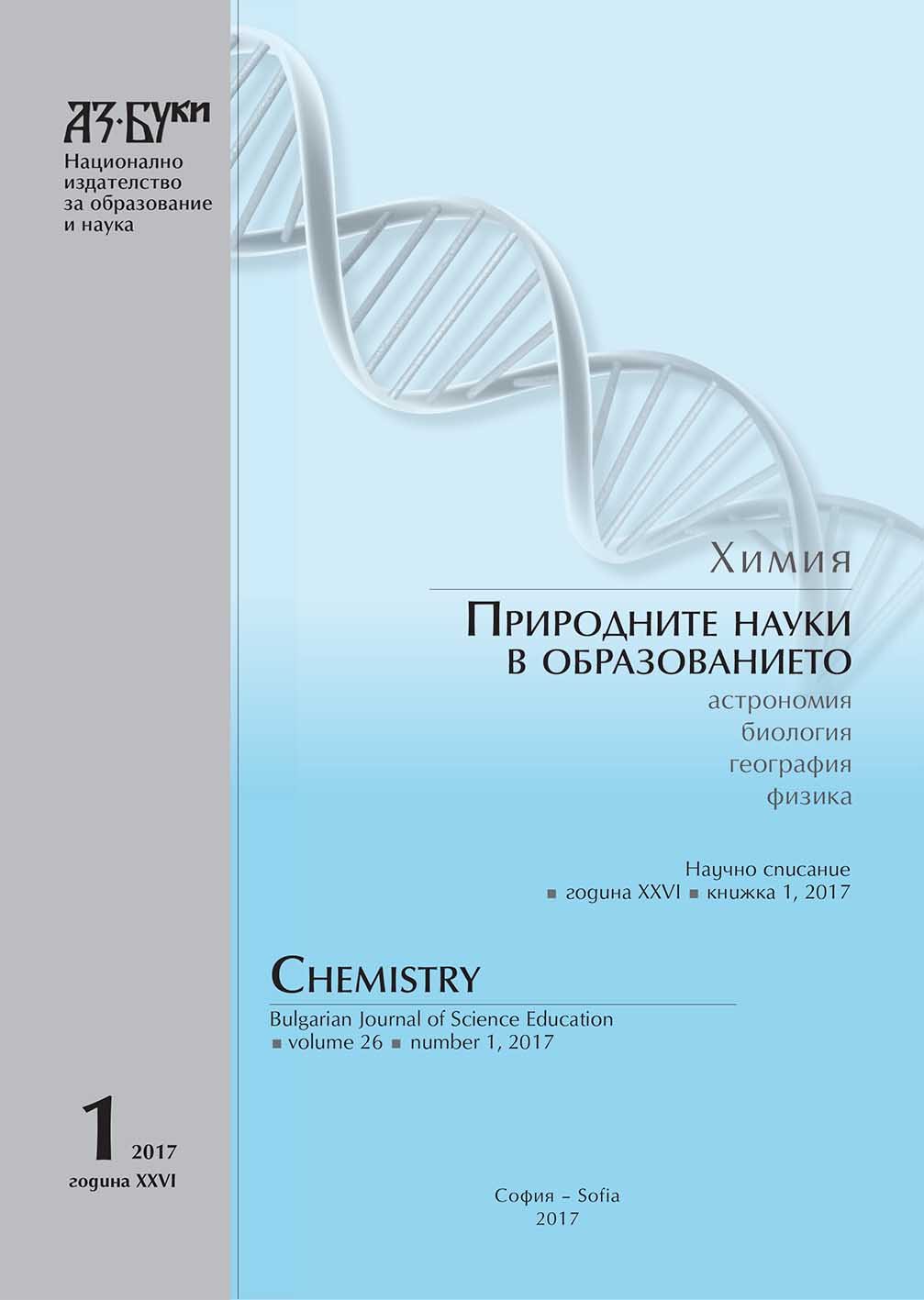
This article considers the possibility of implementing Murphy’s law and humour in teaching natural sciences. First, it describes the origin and development of Murphy’s Law, and considers the origin and defining of postulates arising from the research, scientific work and teaching practice. The central part of the paper deals with the use of humour in teaching mathematics and science, resulting from teaching practice. In addition, it presents the comic elements from films, TV series, cartoons, and school television programs, books for children and youth, and scientific popular literature. It considers the choice of the use of these media and their adaption to the needs of teaching natural sciences.
More...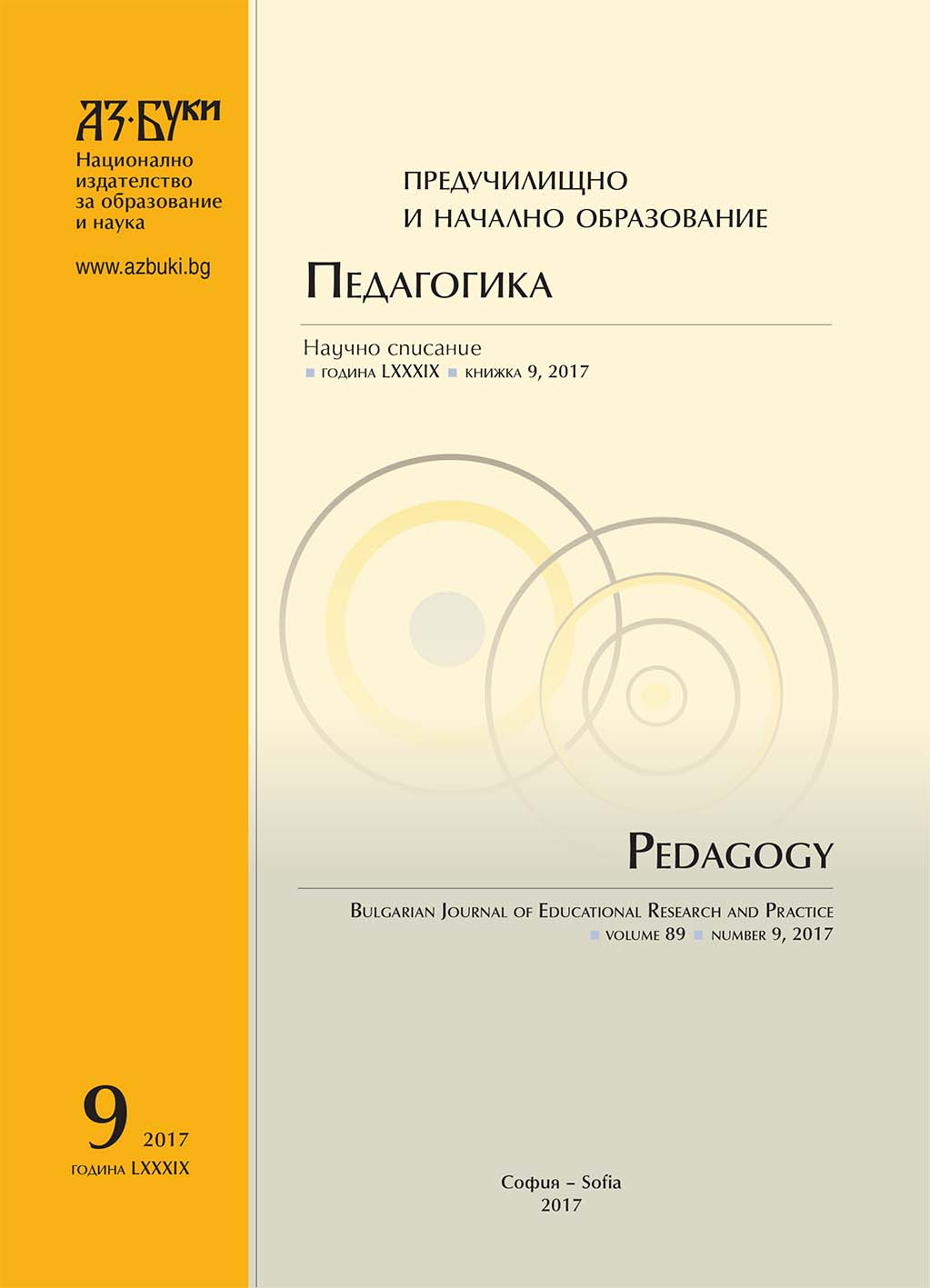
The financial support of the vocational education is said to be one of the major factors for its development. The text shows specific practices, related to the provision of financial resources. The searching of the balance in relation to the financial responsibility between the state, municipalities and commercial-industrial chambers is a subject of research and introducing by legislators, economic and educational figures.
More...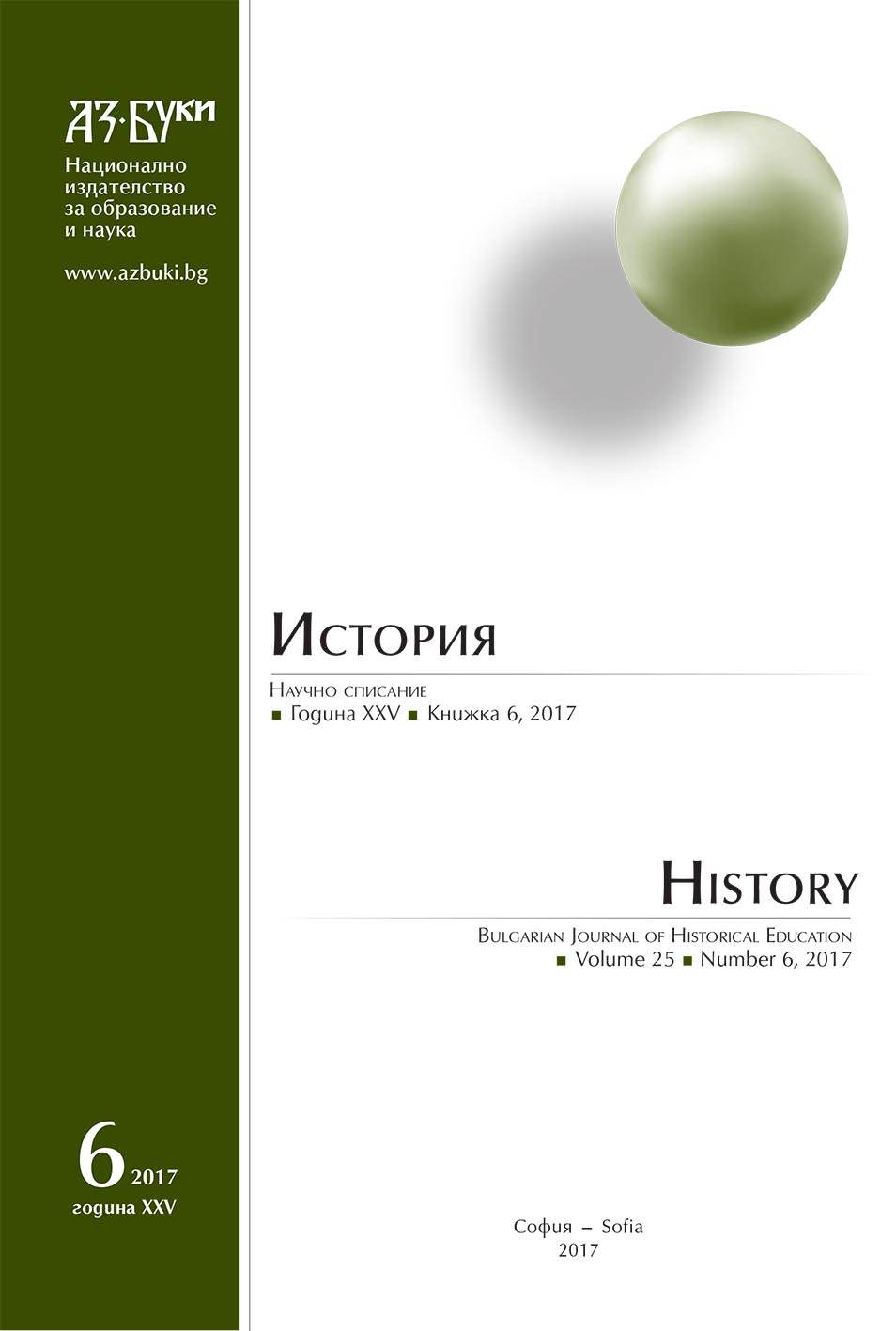
The article in general follows the path of ethnological science in Bulgaria in order to highlight the changes in the discipline at the level of university readings. In brief, the path of the discipline is presented from the bottom up - from the collection of cultural artifacts to the construction of the science as a university discipline. As a result, there is a breakdown of ethnology from the applied sphere. Today the experience of different institutions to bring ethnology back to the bottom of the educational process - primary and secondary education – is fact. Public and cultural dynamics impose a need for our own and foreign cultures to have a real effect in building a personal level of sense of self-dignity, initiating tolerant and empathic behavior. The shaping and codification of ethnology as a science results in this distance, and the return path is imposed by the new dynamics of social and cultural reality in Bulgaria.
More...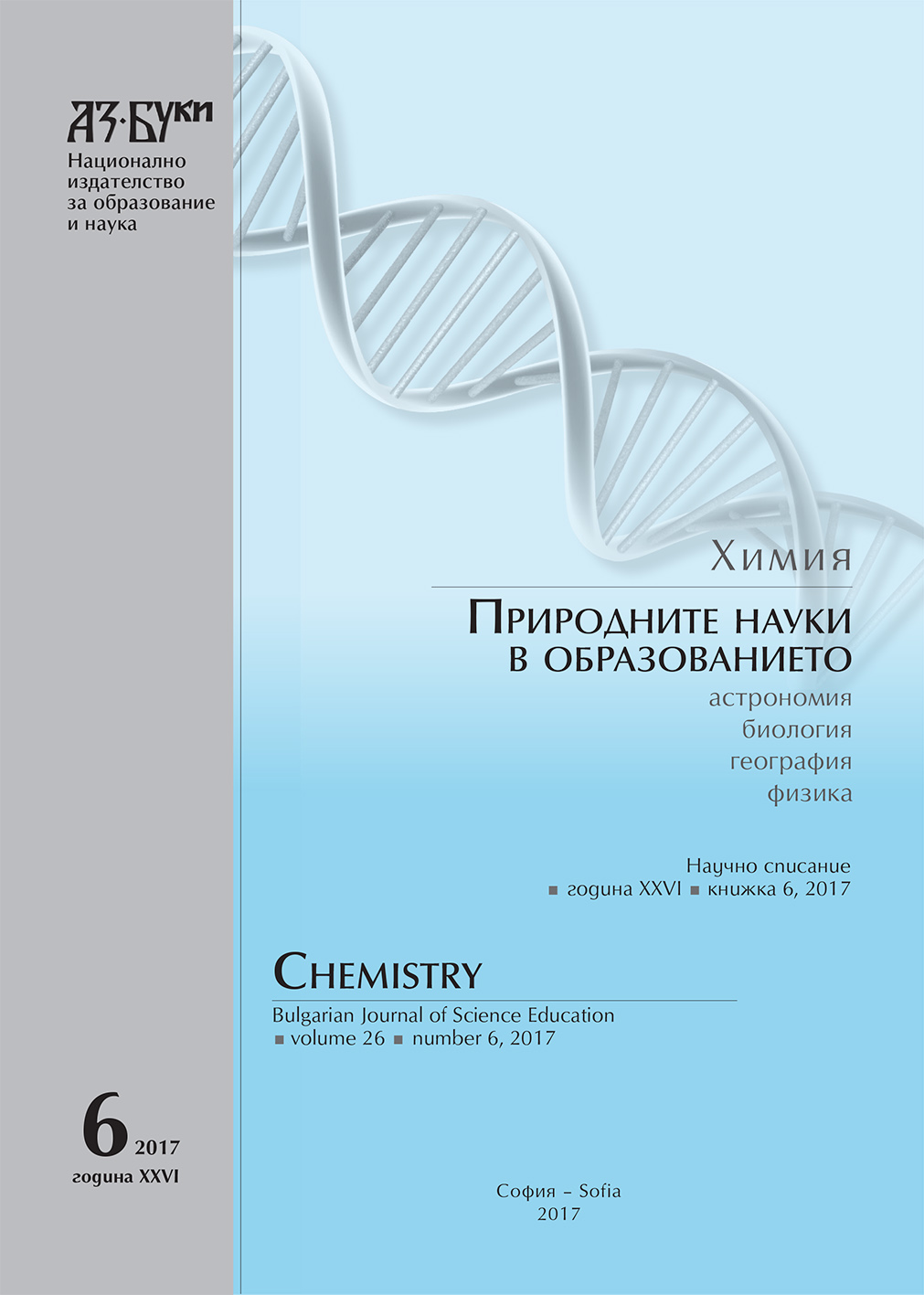
Landscape-geochemical assessment of the industrial areas is of particular interest to many researchers. This study describes the micro element composition of soils and hydrochemical composition of surface waters of the Aktobe region in Kazakhstan. A landscape-geochemical analysis was conducted in Aktobe agglomeration. Biogeochemical data is used to indicate the state of the degree of pollution. According to a study compiled agglomeration modern landscape map and identified anthropogenic impact on the total pollution index.
More...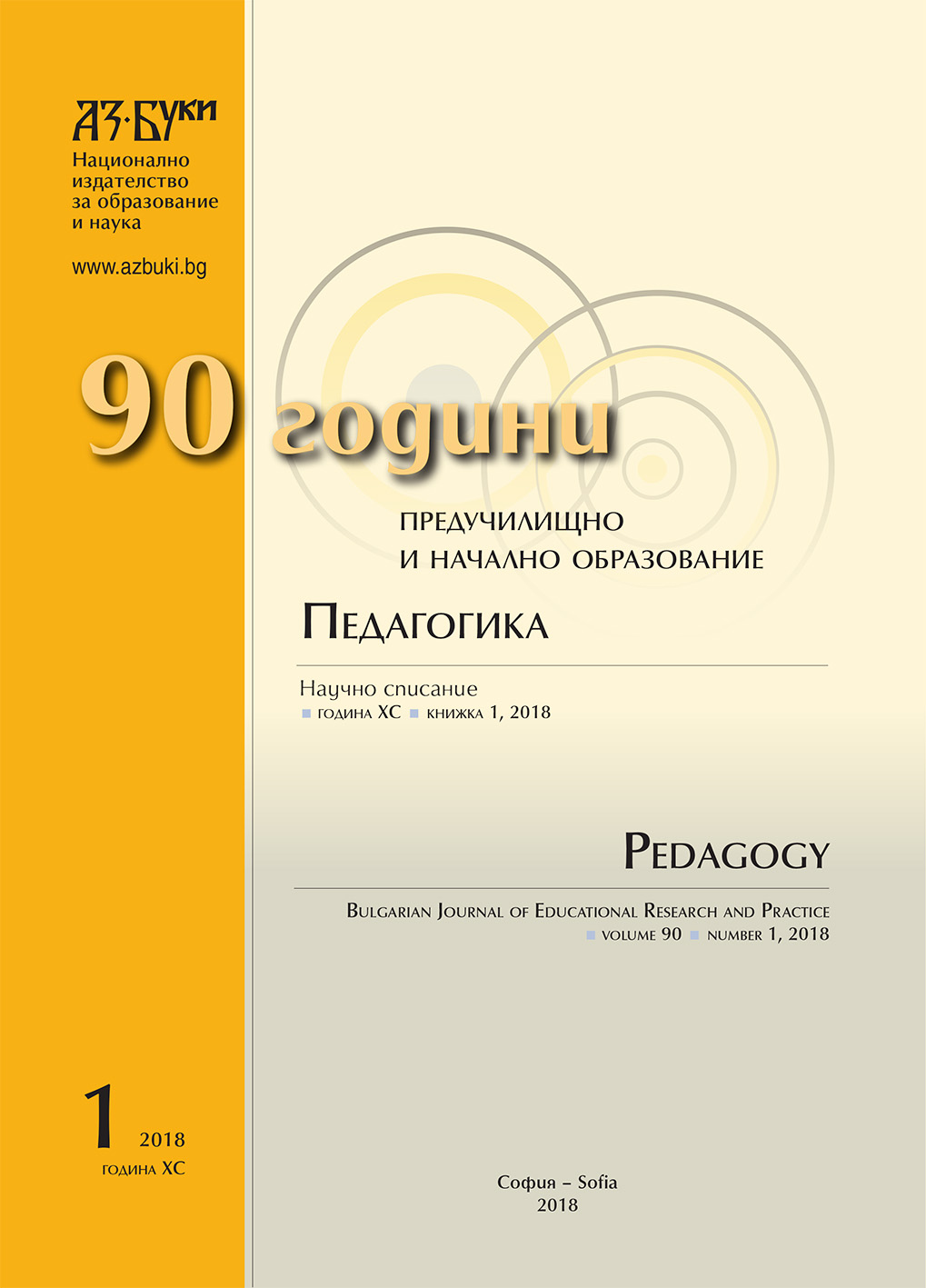
The leading ideas of contemporary pedagogical paradigm at the beginning of the new century are result from general changes in society, social structures, family types and partners interaction, the school and expectations towards its role in the process of interaction “children-parents-teachers”. The ways to reach it are in the non-contradictory realization that the real partnership interrelation and in the assimilation and controling of the art of peaceful (nonviolence, not aggressive) constructive communication. For this type of communication new skills are necessary, which all parties (children, parents, teachers) in the interaction have to assimilate and to develop together with common activities. Their roots are in altruism, empathy and love, which are an essence of the humanity and true humaneness in relationships. They are sustainable in the temple of knowledge – the school. This is the main conclusion from the analysis of the new pedagogical paradigm for interaction with children and parents in the education.
More...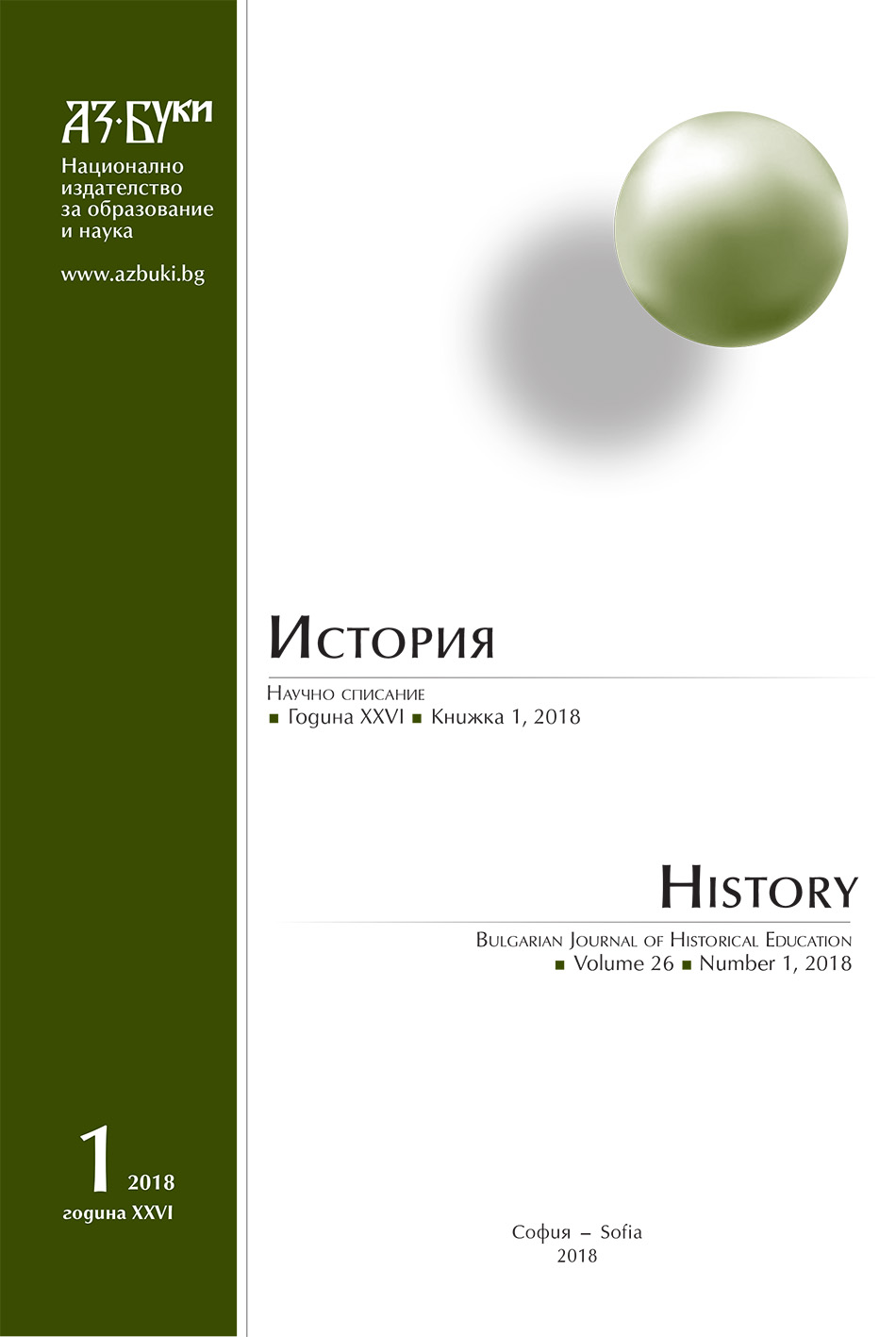
The aim of this text is to trace the importance of the football stadium for the football fans and the characteristic ritual behavior they use as a way out of everyday life.
More...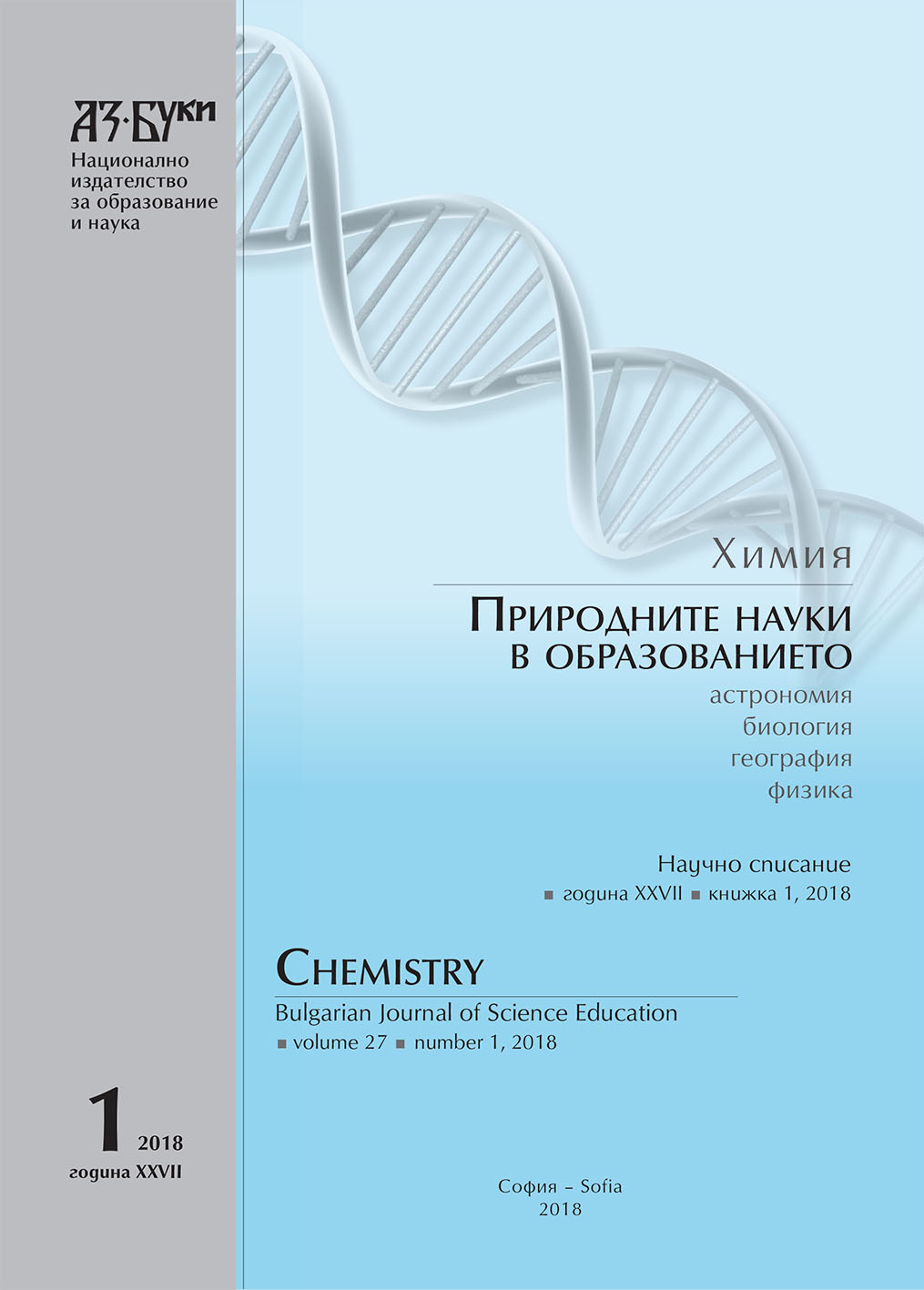
Modern education is characterised by student-centered classroom, focus on real-life preparation and lifelong learning, modern and challenging learning environment. In these dynamic and ongoing changes in education, a center role plays the teachers. They need to have the necessary attitudes to face all challenges and develop themselves, and also a set of skills that differ from those of the teachers of decades ago. The aim of this article is to trace historically the concepts of teachers’ professional profile around the World and in Bulgaria, and on this basis to bring out the skills necessary for modern science teachers. Attention is drawn to the change in the role of the teacher, the learning environment, technological progress, family values. The focus of the study is on the views of the founders of constructivism – John Dewey, Lev Vygotsky, Jerome Bruner and others – for the professional and personal qualities of the teacher.
More...
Between 2006 and 2012, the stationary automatic air quality monitoring station in Stara Zagora, Bulgaria repeatedly registered peaks of the nitrogen dioxide concentration over-treshold levels (the highest so far in Bulgaria), with unknown origin. The main suspect was traffic оn the street near the measuring station. The behavior and intensity of air pollution with nitrogen oxides emitted by the motor vehicles crossing a city junction, with three times more intense traffic than that near the stationary station, was investigated. The study included vehicle counting and subsequent dispersion modeling. At the time of counting, total urban nitrogen pollution in the junction area was measured by a mobile station. Within seven years - 2010, 2011 and 2017 were conducted three studies of the junction. It was found that for 7 years in the city‘s car fleet only the number of small passenger cars is decreased (49 times). The maximum concentrations of nitrogen oxides, both measured and calculated, are close in magnitude and are several times smaller than the peak values measured by the stationary station. That is, the analysis of the experiment data showed that the traffic is not the source of the peak pollution with nitrogen dioxide over Stara Zagora. Nitrogen oxides pollution often concentrates around the southwestern corner of city junctions due to the prevailing wind direction from the north-northeast.
More...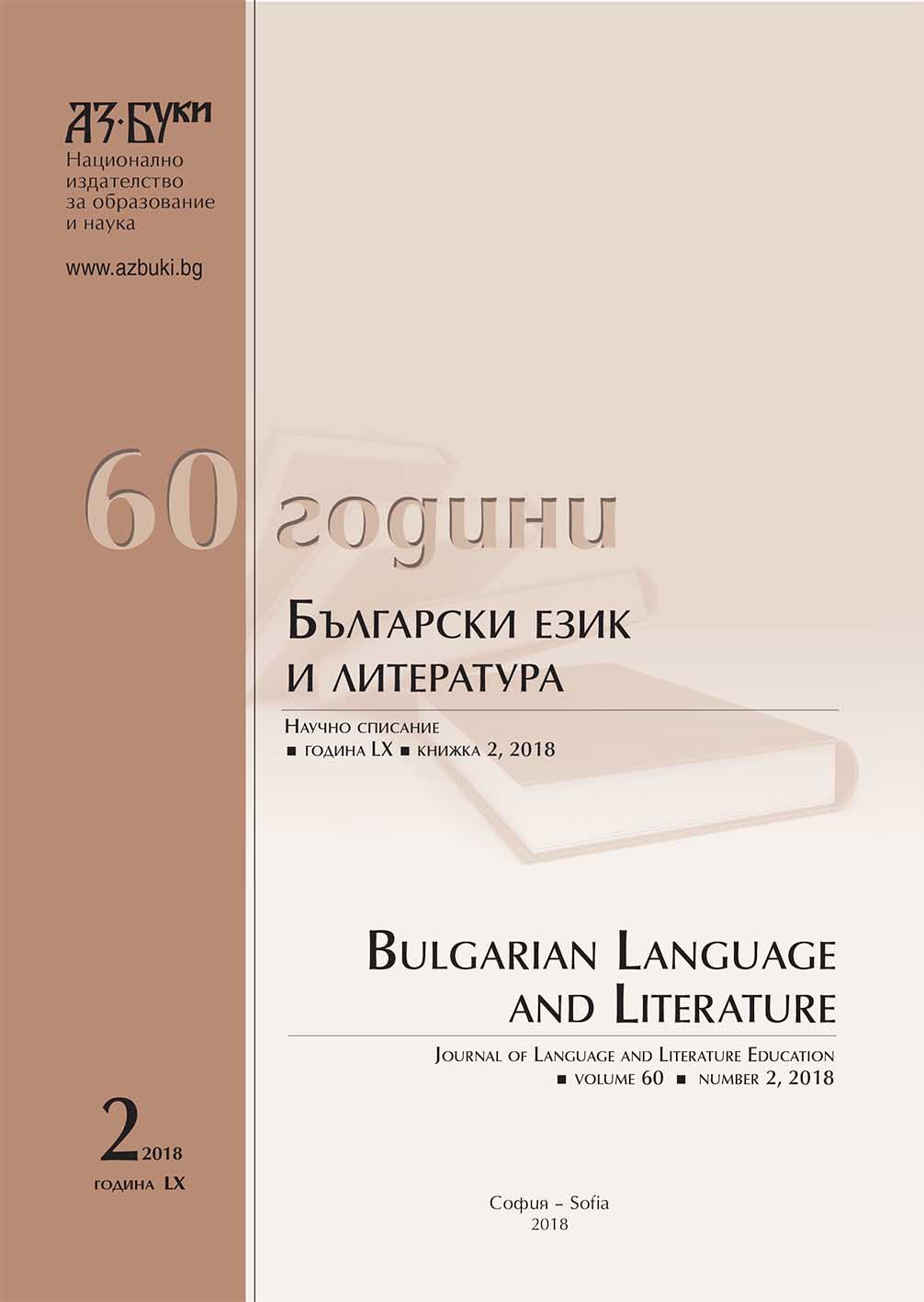
The article presents the multi-volume Bulgarian Etymological Dictionary as one of the main academic works of the Institute for Bulgarian Language which can serve as a valuable practical aid in Bulgarian language teaching. In brief the character and the conception of the dictionary are clarified, and on specific examples the possibilities for wider use of the dictionary as a source of comprehensive knowledge of the Bulgarian language and the Bulgarian people are shown.
More...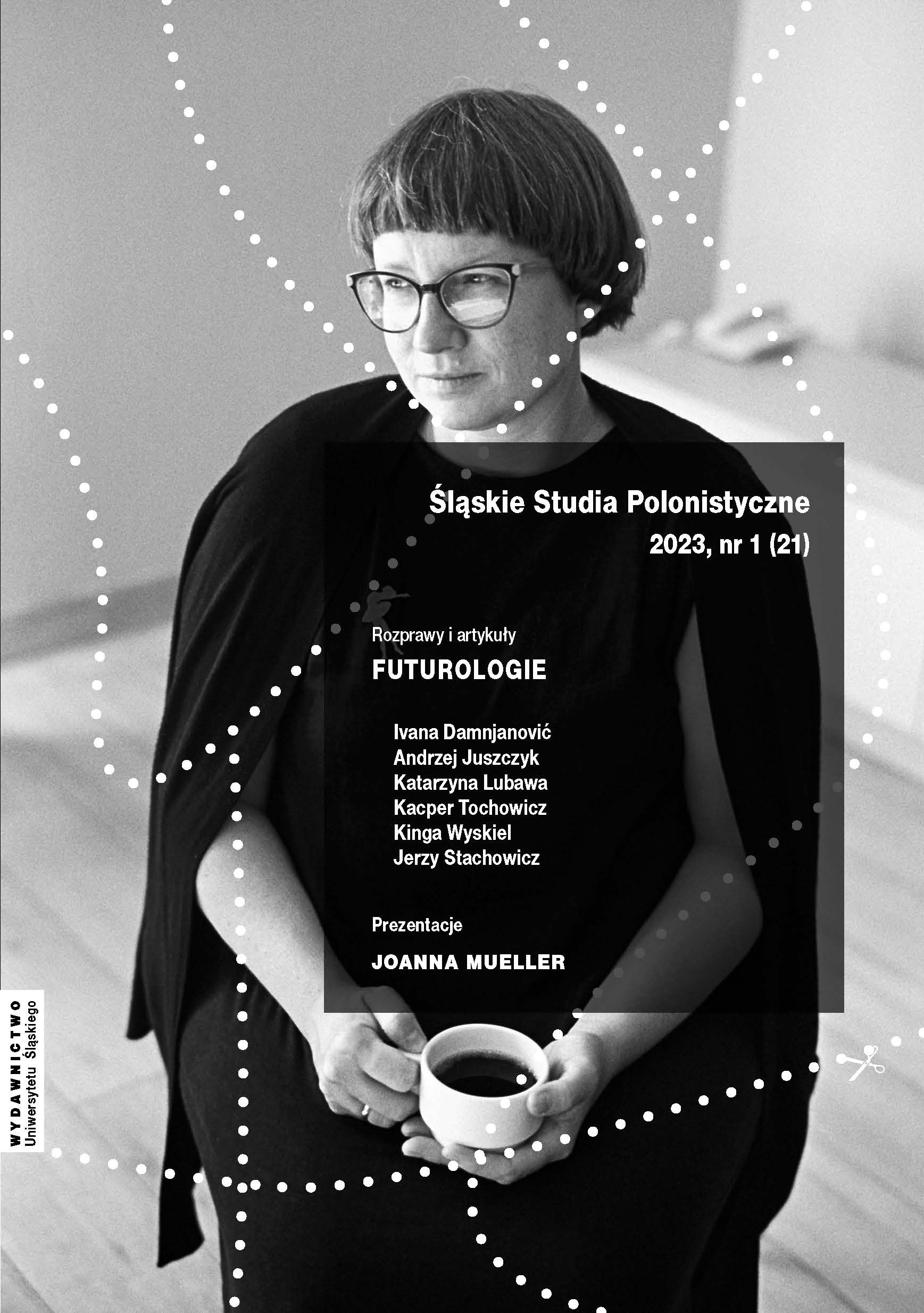
This article explores the significance of Earth in the futurological vision presented by Kim Stanley Robinson in his novel titled 2312, maintained in the genre of climate fiction. Intense technological development together with the progressive degradation of the natural environment served as the foundation for a pessimistic perspective, which resulted in the motif of leaving our planet in order to build life anew in other parts of the universe in the literary discourse. Robinson contrasts this direction in thinking about the future with an optimistic narrative, centred around restoration and a return to roots. The text provides an analysis of such an approach, and shows the speculative nature of the picture of humanity outlined in Robinson’s novel. In addition, the aim of the article is to point out the links between the work and a trend which is developing in the space of science fiction – solarpunk.
More...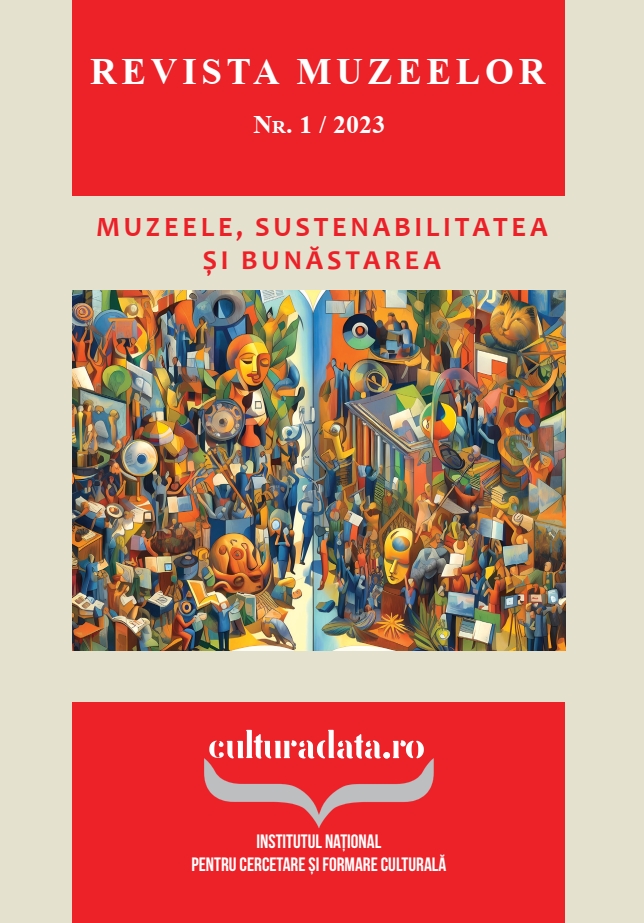
An integral part of our daily lives, the digital has been an essential part in new strategies formulated by museums and cultural institutions around the world in the context of the COVID-19 crisis. On numerous occasions, various studies have analyzed the impact that the pandemic had on the digital transformation of museums and other cultural spaces. A vector of democratization and inclusion, the digital offers unique aesthetic experiences, and technology is the spearhead launched by many museums to outreach new audiences. However, the acceleration of digital content opens up new issues and raises multiple questions, especially on the environmental and social impact. The digital is responsible for about 4% of global greenhouse gas emissions. These issues are more relevant now that some museums are actively reflecting on whether to integrate or not NFTs (non-fungible tokens) or explore the metaverse. Can digital development be combined with the ecological responsibility approach in the case of cultural institutions? How can we build environmentally friendly digital strategies? What measures can museums take, in terms of digital impact, to plan for a sustainable future and limit global warming to 2° C? This article provides an introduction to the notion of digital sobriety and some practical ideas on how it can be adapted to museums, gathering reflections and examples of good practice, developed by cultural organizations around the world.
More...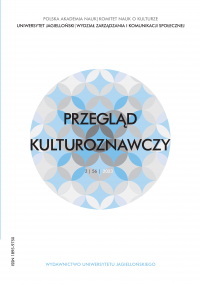
The author analyzes women’s artistic practices, framed as manifestations of environmental art of memory of violence and destruction – both political violence directed against people and violence directed against nature. The analyzed artists appear not so much as contemporary incarnations of Benjaminian angel of history, but rather as figures who while turning backwards descent into the depths, and as such not so much look at the debris as they penetrate it. Their practice is seen here as learning from the coexistence with the matter of the past and the past of the matter – the theoretical tool that the author employs is that of the postindustrial heap (hałda). The author shows how, by analyzing the works of such artists as Joanna Rajkowska, Karolina Grzywnowicz, Diana Lelonek, one can think differently about the relationship with the past and even the very idea of historicity today.
More...
In the text, I discuss the problems of the genocide experience in the context of mass tourism. I point out that large-scale Holocaust memorials and genocide museums incorporated into the mass-tourism industry are drowning out cries of remembrance. I propose three categories of commemoration: “Captions”, “Monuments” and “Stand-alone Works”. The latter category includes fine art photography among others. Using the case of the photographic series Koenigsgraben, I point out that the category of “Stand-alone Works” seems to have the greatest potential (next to historical enviro mental activeness) to free the cry of remembrance from beneath the concrete of the monuments.
More...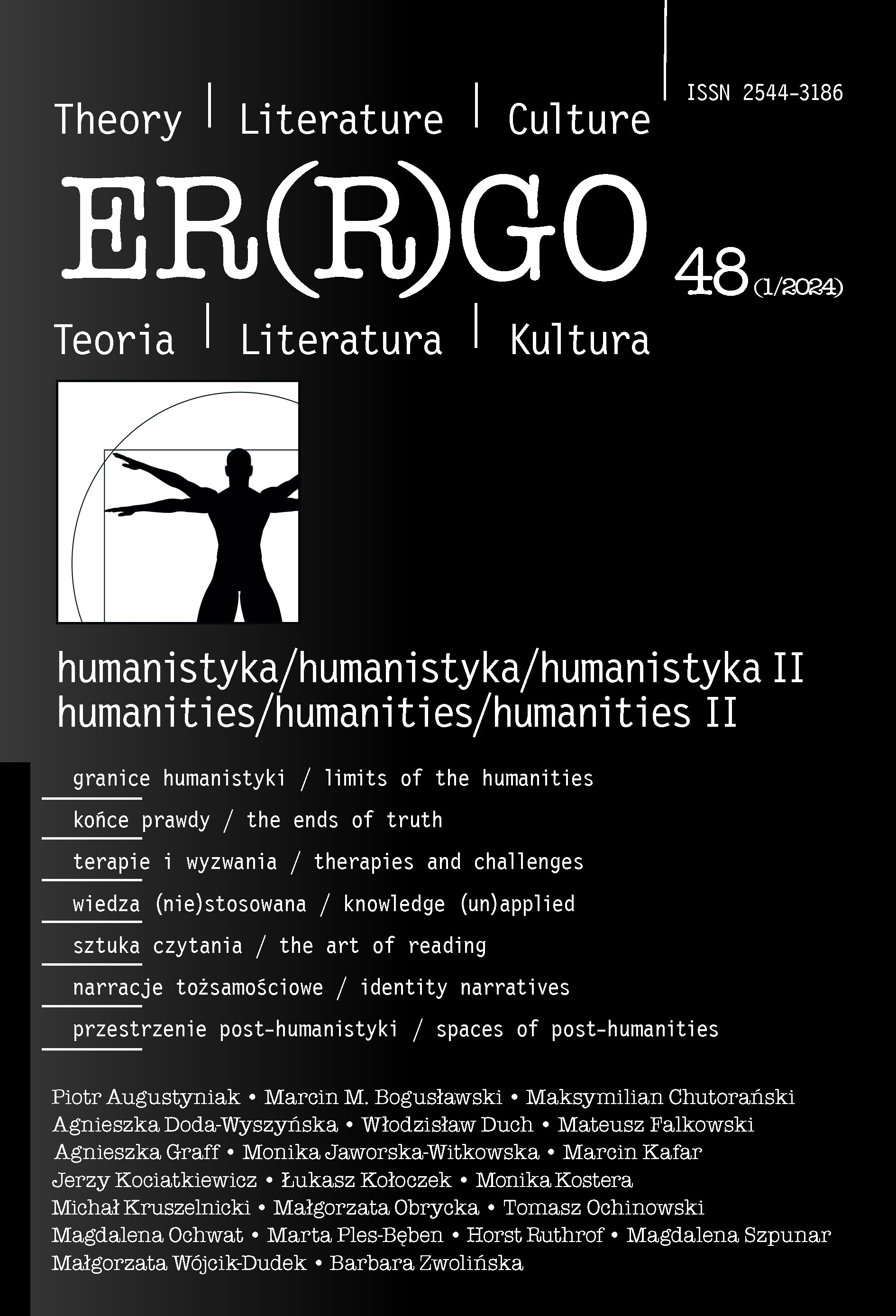
In this paper I present an understanding of the humanities from the perspective of cultural ontology. In the introduction, I specify the perspective from which I am conducting my reflections, synthetically characterise how cognition is understood on its grounds, and introduce a characterisation of the humanities as relating to meaning. In what follows, I show why, from the point of view of cultural ontology, the humanities are practical. In dialogue with other concepts, I introduce the notions of ontological imagination, mindfulness, phronesis, parrhesia, (etho)ecology. With a view to the relationship between the humanities and practical rationality, I try to show why it should be a slow science.
More...
In this paper, we offer a reading of selected novels by 2018 Nobel Prize winner Olga Tokarczuk in terms of their dedication to changing the world. We show that Tokarczuk’s essays and fiction defy genre limits and invite readers to exercise their imagination in conceptualising the world and redefining values. The alternative modes of viewing reality proposed by Tokarczuk may provide a starting point for change, in which the synergy of ostensibly mutually exclusive tenderness and anger kindles hope in the times of crisis and inspires courage to embrace change and, in doing so, to use the opportune moment (kairos) and institute a new order – one based on justice for the bio-community.
More...